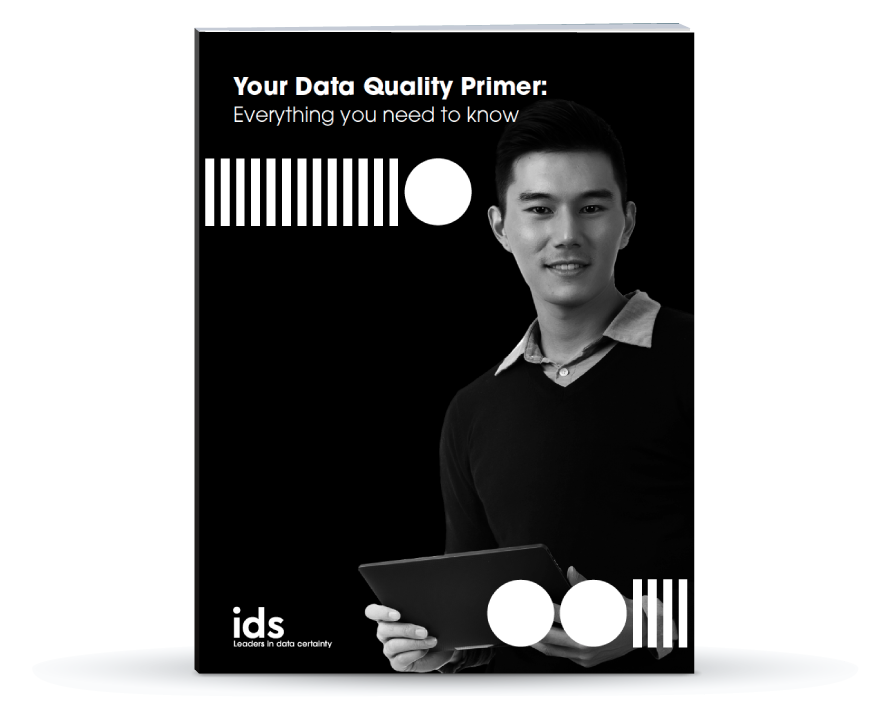Data Quality for Charities: 4 Reasons Why Non-Profits Should Care

Data can be incredibly helpful in enabling organization progress or maintain the state of affair to keep them functioning. The data quality phenomenon is not a new thing. In any situation, possessing quality data gives you greater perspective and, therefore, the potential to precisely perform something.
Data should be an important component of the decision-making of a charity or non-profit organization. However, for decisions to be influenced by data, the quality of the data has to be accurate and effective. What does quality data sound like? And how do you ensure the data from your organization fits the criteria? These questions will be answered in this post, where we will enlighten you on four reasons why charities should care about data quality.
1. Proper Utilization of Data
Organizations that are motivated by data are the innovative and highly performing non-profits. It is empowering to have data at your fingertips that will reliably tell you about your organization’s achievement. These businesses utilize their resources more efficiently, not thinking about where they are” or “how far they are going.” They know, and they have used the data at their fingertips to figure it out.
2. Fundraising
Fundraising is a charity's primary source and the current fundraising strategy is heavily focused on customer relations. With complete data gathered intensively and processed correctly, an organization acquires a comprehensive overview of each contributor. Staff can then access the data via integrated processes to facilitate fundraising efforts as required.
In clear terms, that means that contributors receive notifications presented to them by name, to the proper place, and by the right process that are important to them and specific to where they are currently positioned in their supportive journey.
Without quality data, a non-profit organization can have the strongest project and the best staff members in the world but still struggle to reach its fundraising plans.
3. Helps in Strategic Planning
You don’t need a great deal of data, but you need data of real consistency. Non-profit budgets are always heavy, so we consider replacing the one you can quantify with the one you would like to measure. It is important to gather evidence-based data, and evaluation assessments with compelling tales. An organization’s action strategy should be followed up by evidence that guides decisions. To move towards improved productivity and efficiency, you have to build an action plan. One of the first steps to building a tradition that accepts data is to grasp the data and provide a strategy to create meaningful improvements.
4. Personalization
Data can also be employed to enhance personalization – it is essential in attracting first-time contributors and maintaining them. Data can be used to recompense attitudes and inspire existing donors, as well as prompt bigger contributions. Computerized thank you messages are no longer effective; a variety of donor gifts will help hold people’s focus on you.
If you need help, iData is here! You can also check out the Getting Started with Data Quality and Advancing Your Career in Data courses from the iData Quality Academy.

The Ultimate Beginner's Guide to Data Quality
The Data Quality Primer from the iData Academy will enable anyone from any profession on the importance of data quality and its impact on YOUR industry.


